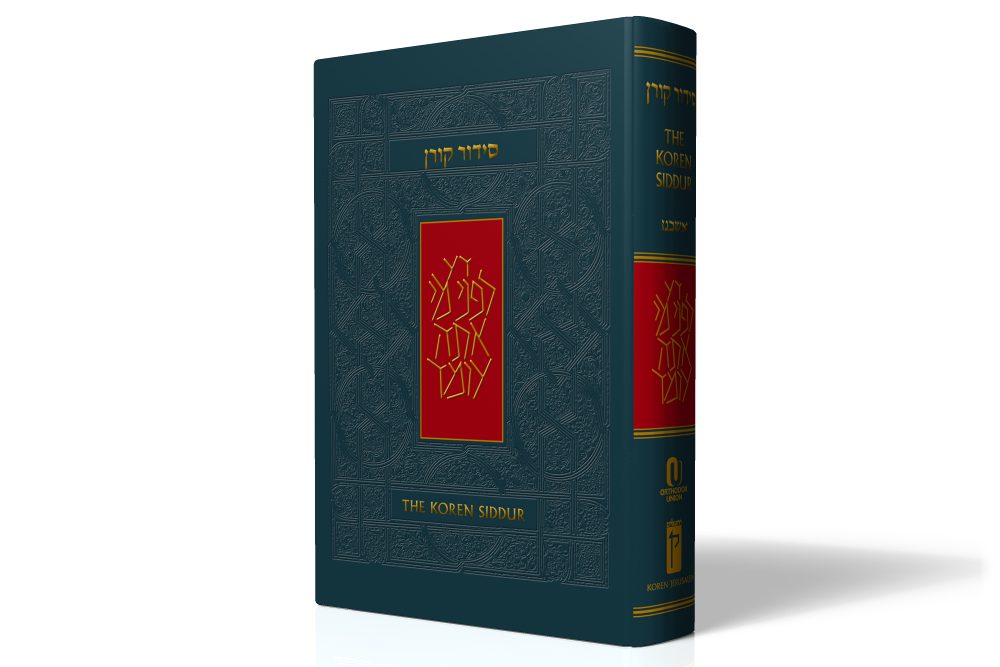
Re’eh: A Cloak of Mercy
A triplet of deviation plays a starring role in our parsha : First the false prophet If a prophet arises among you or a dreamer of a dream,...
Aug 12, 2009
By Rabbi Asher Brander.

Elul Thoughts: Part III
How can we be commanded to feel an emotion – to love God? The more we strive to know Him, the more we will come to love Him. Elul Thoughts: Part...
Sep 28, 2008
By Rochi Lerner

The Train to Change
Is change possible? Why do we need Elul? The challenge of Elul is to begin the process of changing our lives. Elul allows us to map out who we are and...
Sep 28, 2008
By Rabbi Yonatan Kaganoff

Changes That Last Forever: Part II
Often we turn our backs on the opportunity of a lifetime, seeing it as no more than another option in life. Mistake is a result of spiritual insensitivity. For part 1...
Sep 26, 2008
By Rabbi Pinchas Winston

A Majestic Amidah: Part II
In the Rosh Hashanah Mussaf we discuss the themes of Malchuyot, Zichronot, & Shofarot in the past, present, and future for a prayer that transcends time. Presented by Rabbi Yaakov Mendelson,...
Sep 26, 2008
By Rabbi Yaakov Mendelson

The First Mass Teshuva Movement
A Look at Sefer Bamidbar, when an entire nation of people became Baalei Teshuva. Lessons learned to incorporate into the time of reflection prior to Rosh Hashana. Presented by Rabbi Steve...
Sep 25, 2008
By Rabbi Steve Burg

Elul Thoughts: Part II
During Elul we try to search for God, to align our hearts and mind with Him, to find Him in everything around us, and re-engage God. Preparing to approach God –...
Sep 24, 2008
By Rochi Lerner

Can You Hear Me Now?
Blasting your own shofar and hearing God’s call. On Rosh HaShana we are commanded to HEAR the call of the shofar. We recognize when we sound the shofar we aren’t just making...
Sep 24, 2008
By Rabbi Shmuel Herzfeld

The Four Stages of Repentance: Commitment
An important part of commitment for the future is taking responsibility for what we have done. We also have to stop blaming others for our errors. Fourth in a series on...
Sep 23, 2008
By Rabbi Moishe Lichtenstein

A Person of Substance – Yom HaZikaron: Part II
What do we mean when we say that Hashem remembers? How to live a life that will be remembered, that doesn’t just exist in the right here and now. Esther Wein’s...
Sep 22, 2008
By Esther Wein
Discover More
- Asarah B'Tevet
- Birchat HaChama
- Chanukah
- Elul
- Fast of Esther
- Fast of Shiva Asar B'Tammuz
- Fast of Tisha B'Av
- Four Shabbatot
- Hoshanah Rabbah
- Lag BaOmer
- Months
- Passover
- Pesach Sheini
- Purim
- Rosh Hashanah
- Sefirat HaOmer
- Shabbat
- Shavuot
- Shmini Atzeret
- Shushan Purim
- Simchat Torah
- Sukkot
- The Three Weeks
- Tu B'Av
- Tu B'Shevat
- Tzom Gedaliah
- Yom HaAtzmaut
- Yom HaShoah
- Yom Hazikaron
- Yom Kippur
- Yom Yerushalayim
Subscribe To The OU’s Shabbat Shalom Weekly Newsletter
Weekly email newsletter filled with articles, Divrei Torah, upcoming events and more! Sign up today.